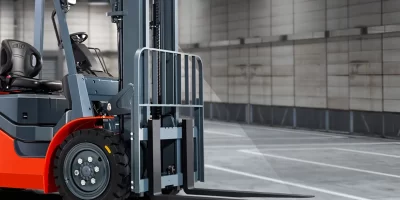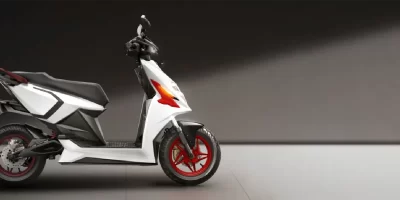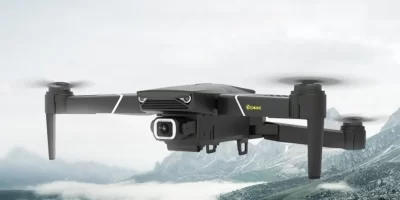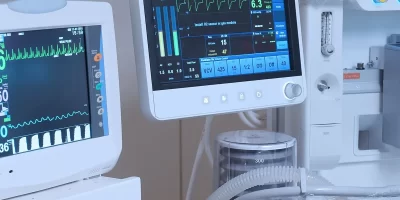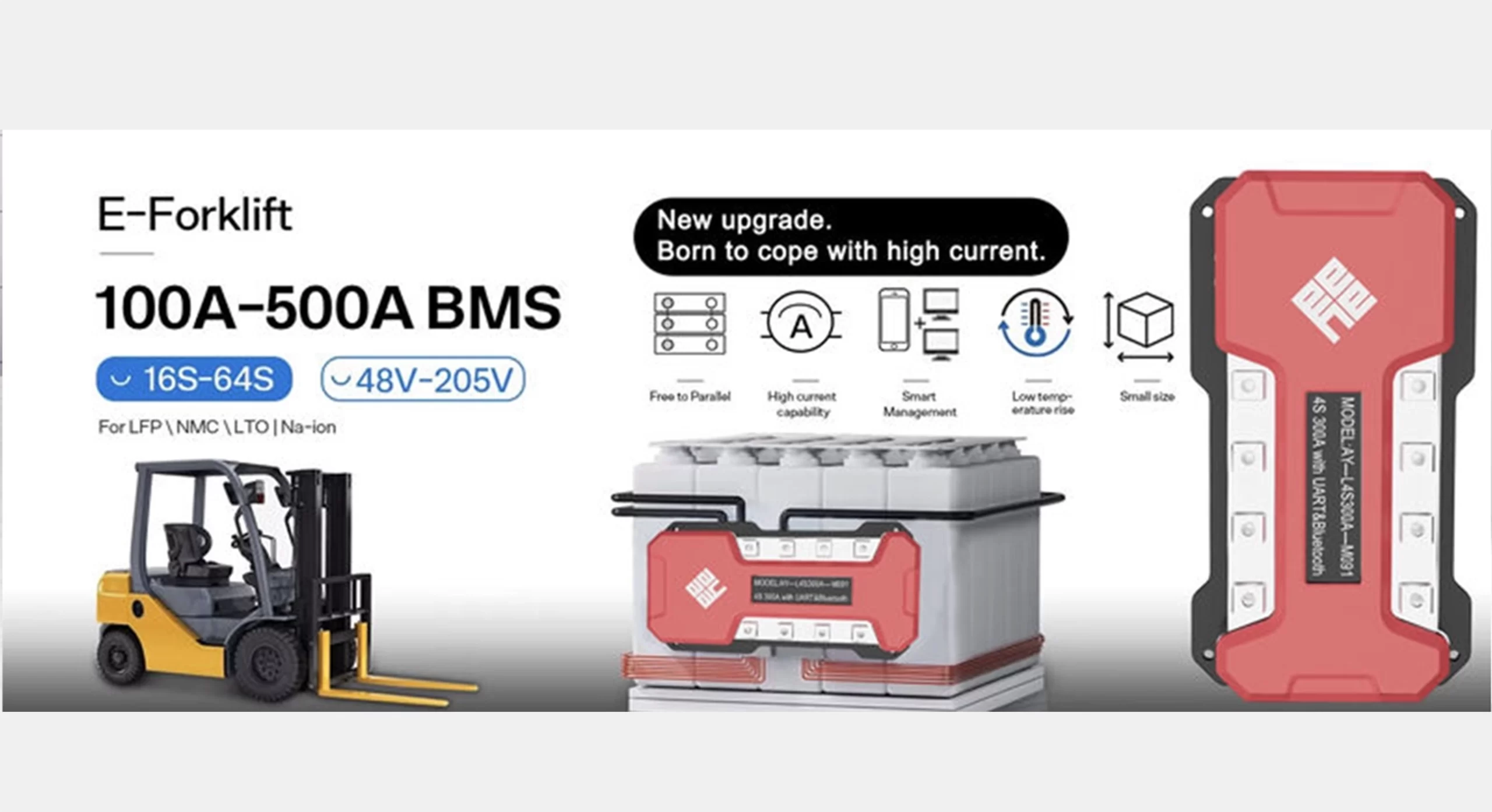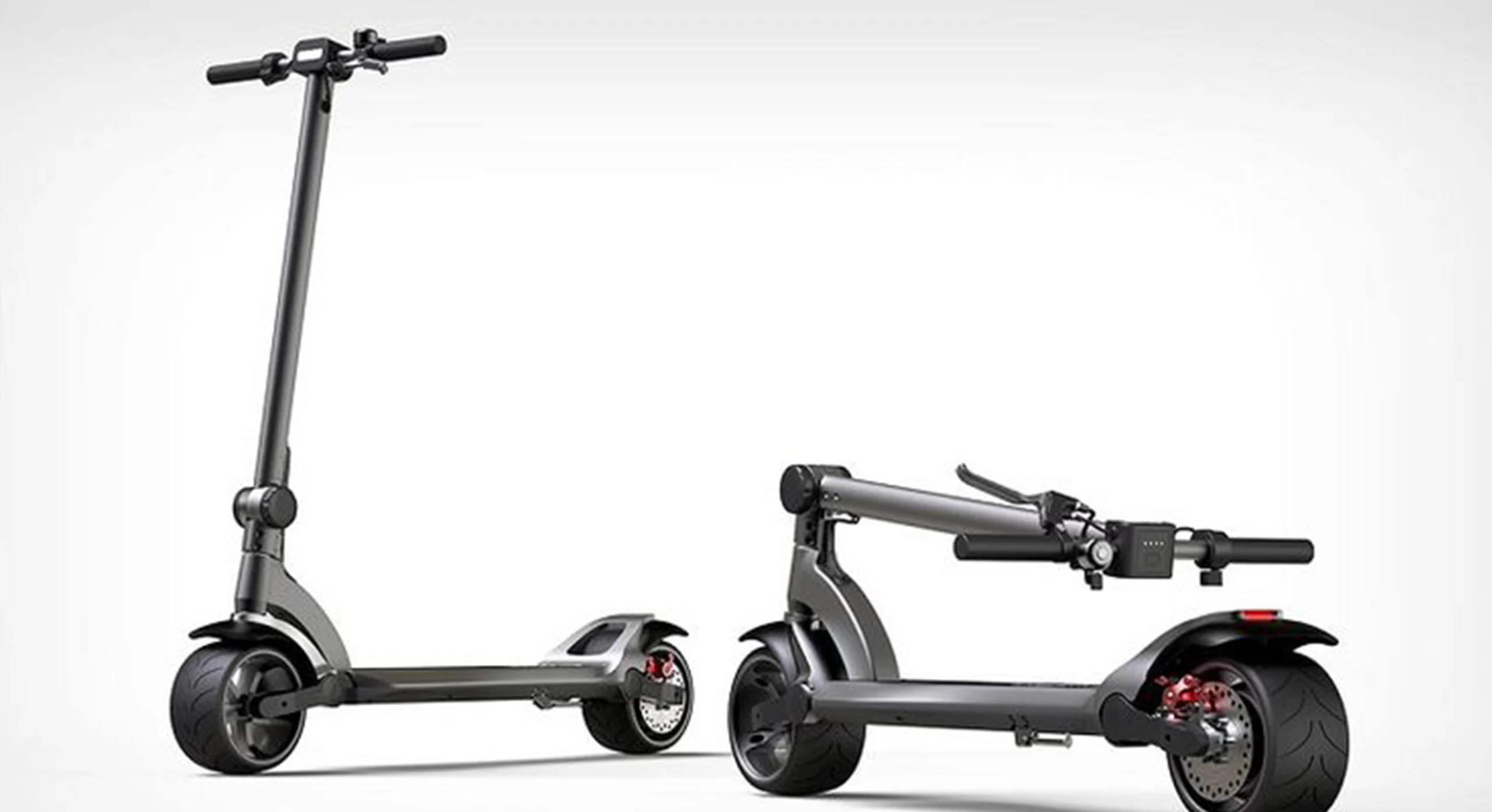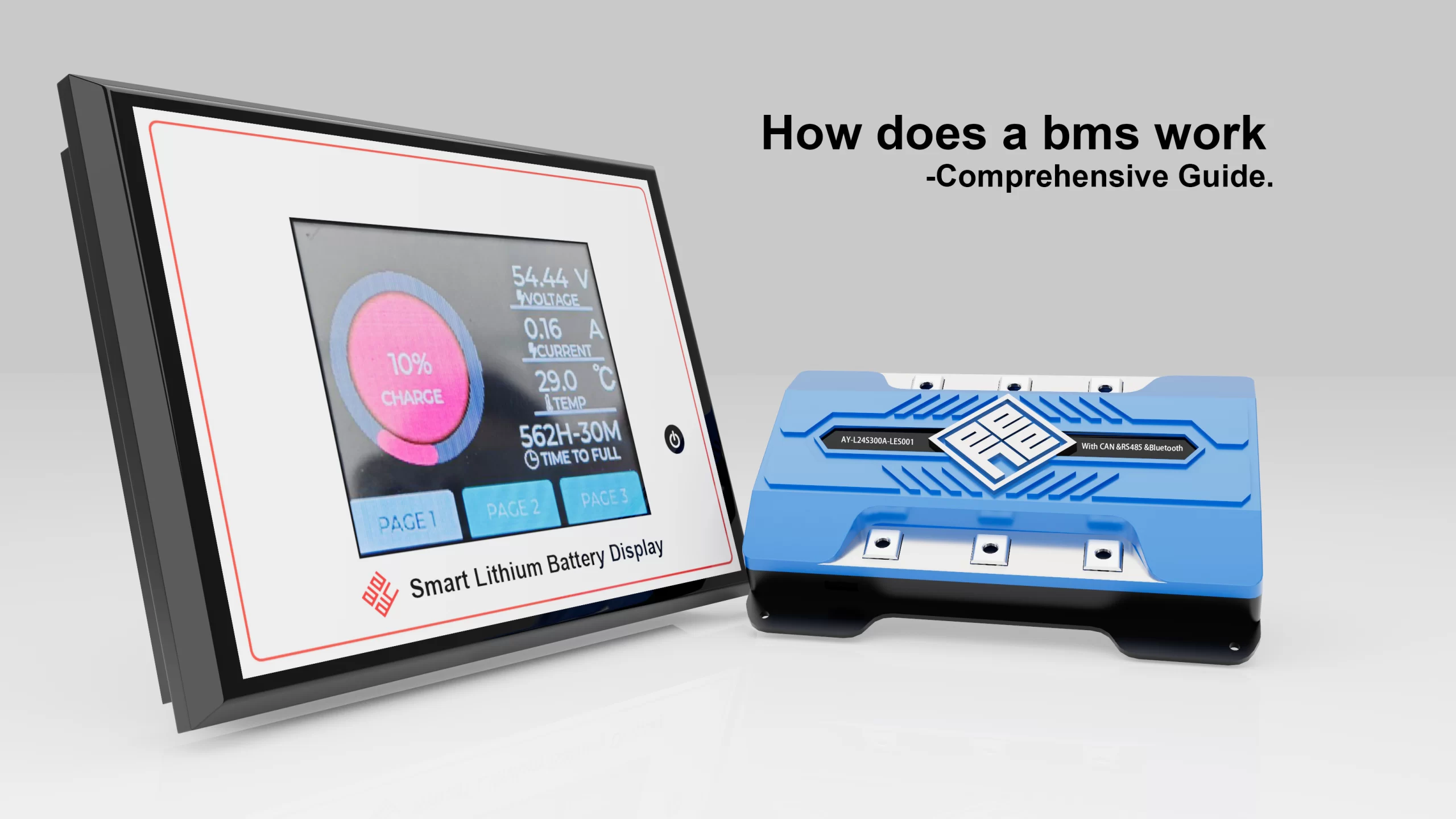Home About Us EVENTS & NEWS How to choose a battery management system for two-wheel electric motorcycles.
How to choose a battery management system for two-wheel electric motorcycles.
How to choose a battery management system for two-wheel electric motorcycles.
Selecting the correct Battery Management System (BMS) for two-wheeled electric motorcycles requires considering the following key factors:
1. Battery Type and Voltage Requirements:
According to the requirements of the new national standards, lithium batteries are gradually replacing leadacid batteries due to their high energy density and long cycle life. Therefore, when choosing a BMS, it is necessary to ensure that it is suitable for lithium batteries and supports the required voltage levels. For example for electric motorcycles with voltages typically above 60V, it may be necessary to support battery packs with more than 16 series cells.
2. Protection and Monitoring Functions:
The BMS should have comprehensive protection functions, including overvoltage, undervoltage, overtemperature, and open-circuit protection. Additionally, the BMS should be able to monitor the battery’s voltage, current, and temperature, and
have battery balancing capabilities.
3. Architecture Selection:
Based on the positions of the charging FET (CFET) and discharging FET (DFET), BMS architectures can be divided into high-side series, high-side parallel, low-side series, and low-side parallel. When selecting, it is necessary to consider the specific needs of the electric motorcycle, such as the need to achieve higher power,which may require the use of multiple AFEs cascaded to support more battery strings.
4. Communication and Data Processing Capabilities:
With the implementation of the new national standards, higher demands have been placed on the communication and data processing
capabilities of BMS. BMS should support various communication protocols, such as CAN, RS485, UART, etc., and be able to
accurately display SOC (State of Charge).
5. Size and Operating Range:
The size of the BMS should be compact for easy installation in the limited space of an electric motorcycle. At the same time,
it should have high-precision monitoring capabilities, with an error control within ±0.5% and a single cell voltage detection accuracy of ±3mV.
6. Reliability and Safety:
The BMS should have high reliability and safety, such as using high-voltage BCD processes, with each cell collection pin having a withstand voltage of 132V to avoid line errors during collection.At the same time, it should have anti-static capabilities, such as human body model electrostatic discharge (HBM) up to 3kV.
7. Development Tools and Support:
When selecting a BMS, considering the development tools and support provided by the manufacturer is also important, which
can significantly shorten the product development cycle.In summary, choosing a BMS suitable for two-wheeled electric motorcycles requires a comprehensive consideration of various aspects, including battery type, protection functions, integration, communication capabilities, size, reliability, and development support,etc.
News Recommend
-
How does AYAATECH BMS work in E-scooters
01/16/2025



